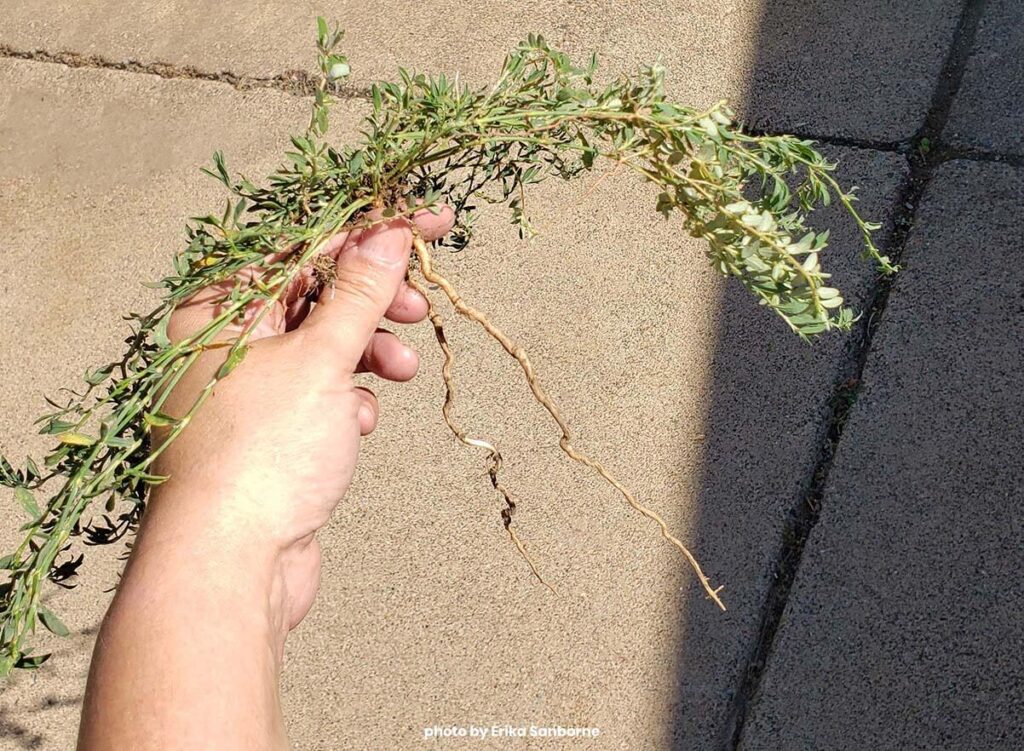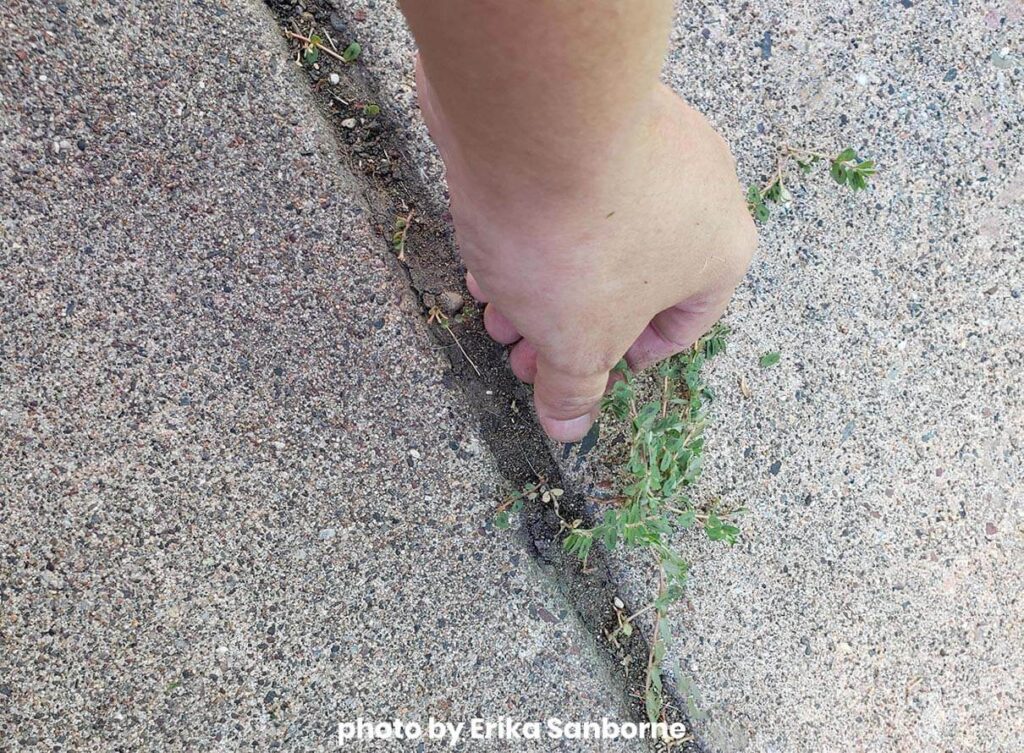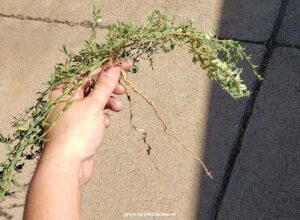The Harris Poll conducted an online survey (n = 3,013 adults) on behalf of the American Psychological Association during the summer of 2020. Basically, United States’ adults were reportedly living in the highest period of stress of their lives, parents were the most worried about their children that they have ever been, confidence in our government’s response to the ongoing public health crisis was at an all-time low, and Black Americans reported additional legitimate stress from ongoing things like police violence and discrimination. How are we to prepare for the upcoming semester, when we too are stressed and worried about a million things? How can we give our students an unforgettable semester (in a good way)?
First, we need to foster a sense of community in our classrooms. Second, we need to understand that nobody is doing great right now. Lastly, we need to accept that our best is good enough, and let go of the frustration that would normally ensue for us not functioning at our best.
Foster a Sense of Community in Your Classroom
This is about building relationships among students and between us and them, as much as possible. This is a trauma-informed strategy and it’s just decent humanity. The following is based on the classic McMillan-Chavis model of sense of community (McMillan and Chavis, 1986).
Create indicators of membership and belonging, as if you were a team, because you are, my friends. This includes boundaries, common symbols, and emotional safety to the extent that this is possible, because it is so necessary. Give students influence over how they will complete the course and meet objectives. Make sure there is a sort of community economy, from which you all can get a sense of being in this together, along with a sort of pooling of resources, not monetary ones but more like knowledge and strategy, pertaining to your coursework and beyond it, thinking about daily living in these days, together as neighbors. These things help foster a shared emotional connection, which is an overall collective sense of truly being in this together. You cannot fake sense of community, but it is a gift to be a part of, and it is something we can give our students, even now, and perhaps especially now.
Physical distancing and other measures being as they are, and they are so important, do make community-building inherently different. We must attend to this for the well-being of those within our wingspan. This student-centered approach is something we can do, no matter what hits the fan this fall and beyond. Foster a sense of community in your classes and students will benefit, and they will remember that you cared. We also know that burdens are not equally distributed and therefore a community for learning can help students meet course learning objectives too. When a student has a situation arise and needs something? A classmate will be more likely to help if they feel they are in this together. This is all good stuff.
Nobody is Doing Great Right Now
Students are probably not at their best right now. Their previous year of education, whatever that was, was abruptly interrupted just like ours was. It has now been a while since they have been in a B.C. (Before COVID-19) classroom. Their socialization has already shifted. Their normal ways of learning new things and taking on new subjects are not on the docket. If back-to-school shopping was a thing they used to do, this year it will markedly differ as they search for sanitizer, personal protective equipment, and perhaps some disaster preparedness supplies. Students’ worries and anxiety are likely heightened, as is their probable experience of personal hardship and grief. Whether they have lost of loved one to death or lost a home, whether they have lost a family business, or the financial stability to be safely housed, some students will have lost a lot of what was once pretty certain to them.
Young people can be so resilient as we know, but they are probably not going to be doing great. Students of color are more likely to have experienced an acute loss due to COVID-19 as we know, and they are also more likely to have experienced ongoing stressors of social inequality all along anyway. At least now, hopefully, we are paying attention better to being trauma-informed and relationship-based in our classes.
Should we lower our standards for now? That’s your call. I can share my take on this. I say no, do not lower your standards, but do markedly increase your supports, to include leniency with deadlines, and an increase in repetition and reminders for what is the next goal in the class. I also urge you to simplify complex assignments. You might love thatr one complicated, weird project you recently came up with, but this probably isn’t the time to make students deal with figuring that all out. Yes, maintain standards, but go step by step, include many reminders, accompany students extra for the time being.
Accept That Your Best is Good Enough, For Real
Have you ever pulled weeds from driveway cracks? I was doing this just the other day, and I plucked a handful of them and, to my great satisfaction, up came the two biggest roots I have ever seen come up from these driveway weeds we get here where we live.

There is tremendous satisfaction, when weeding, when one can pull upward and that whole root structure comes out with it! It is satisfying because we know we’ve done it right. That weed is gone! That driveway crack will stay clear longer now, because we weeded right! I find it very satisfying.
Soon after I pulled up that massive root structure, I grabbed another handful of driveway weeds, and, can you guess how it went? Yep. They broke off, right at the surface, no roots got pulled out whatsoever. I absolutely hate it when that happens.

It got me thinking. Why does that make me so mad? It upsets me because I know that is not the right way to pull weeds. Right? I know that if I just break them off at the surface, they will literally grow back up and out in a day or two. When I pulled the whole root structure up, I cleared that driveway crack properly. Now that’s weeding! Breaking it off at the surface? Did I even weed my driveway if this is all I’m doing?
Did I? What do you think? My answer is that yeah, I did weed my driveway. Some of the weeds broke at the surface, and others got pulled all the way out including their root structures. I did the best I could, and for one day, there were no weeds in the driveway cracks.
That frustration I felt when the weed broke at the surface feels a lot like the frustration I feel anytime I recognize that I have not done my best at something. The reality is that I cannot spend the upcoming academic year in frustration, even though it’s likely to not be our best year, due to roots way beyond our reach. We can make it unforgettable for our students though, reminding them that in the midst of many things potentially new and changing, our accompaniment does not change, and they are not alone, because we’re here too. Fostering a sense of community can build a learning environment with the social supports that benefit students’ learning experience and their well-being beyond the boundaries of our course too, which is a pretty good radiating effect for our efforts, roots notwithstanding. We can do this.
What are your thoughts?
